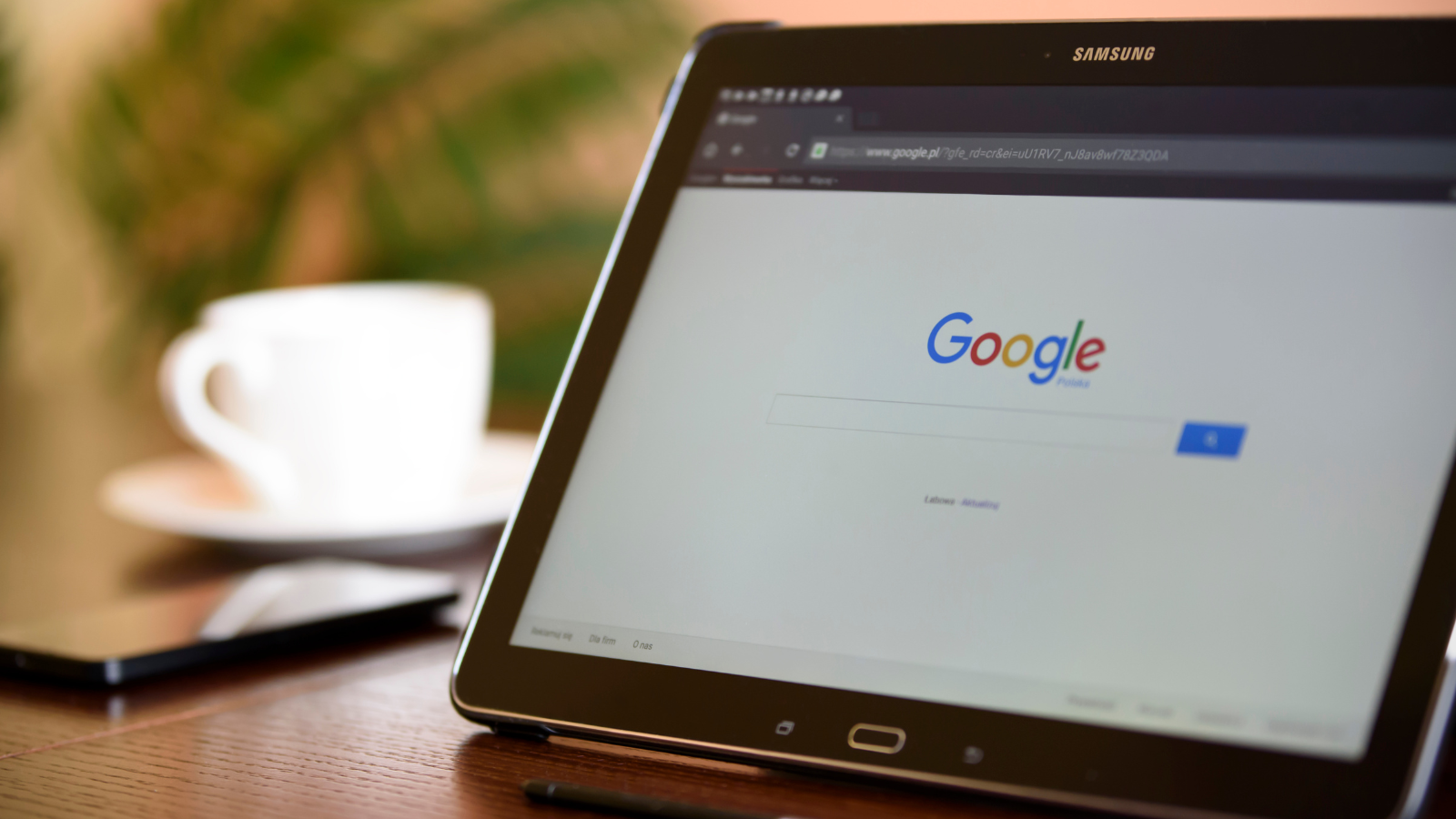Search engines continue to evolve their technology to meet consumer search habits. These days, that means delivering results that speak to each searcher’s intention rather than the keywords themselves.
For users, this is great.
People no longer need to worry about a few spelling mistakes or making sure every correct word is in their search. Instead, they can simply rely on engines like Google and Bing to understand what they are looking for without them explicitly saying so.
For marketers, this brings a new challenge.
SEO and digital marketing strategies evolve quickly (After all, the industry itself is still in its infancy), and the domination of intent-based SERPs presents a new factor we must consider for both paid and organic search campaigns alike.
While we’re considering this new factor, we must always keep our one true goal top of mind: generating traffic and engagements — phone calls, form fills, chat requests — on behalf of our clients, who all depend upon lead generation to thrive.
Creating an effective PPC campaign is easiest when you have access to as much pertinent information as possible.
Fortunately, the bulk of the paid search campaign data we have access to is from the search engines themselves. Unfortunately, though, search engines are self-interested, meaning they are not necessarily incentivized to make decision-making easy for you. Rather, they are incentivized to improve user experience by tailoring their platforms toward intent. Greater satisfaction from intent-based searches leads to continued use of their own product, netting them more loyal followers in the long run.
THE BOTTOM LINE: Engines like Google want to increase user engagement, and user engagement rises with the use of intent-based algorithms. As a result, engines will reward the marketers who best appeal to user intent rather than keyword stuffing.
At the end of the day, you are the one pulling the levers, but Google determines which levers you can pull in the first place
Problem: On the Marketing Side, We’re Losing Both Visibility and Control
Losing Visibility Due to Search Query Report Changes
Google provides Search Query Reports (SQRs) to give us marketers insights into our ad campaigns. But with the rise of intent-based searching, search engines are reconsidering the data they want to make available.
Visibility within SQRs is dwindling. A recent SQR pull of an account with 40,000 clicks had 14,000 clicks and terms not provided. Moreover, it still showed terms searched and clicked, but Google removed keywords that had low search volumes. Here’s an example of the changes in SQRs:
- SQRs before: You bid on the keyword “digital media” on phrase match and get three clicks. As it is phrase match, these three clicks may have been “digital media agency,” “digital media tracking,” and “digital media performance,” all of which are visible within an SQR report.
- SQRs now: Same keyword with the same three clicks. The SQR may show one of these clicks as a “digital media agency,” but what about the other two clicks? They still happened, they will be included in every report, and you paid for them—but you aren’t able to see a search query.
From a PPC management perspective, it means that you will need to be even more hyper vigilant with regards to knocking down negative terms and trying to keep your queries as relevant as possible.
Losing Control Over Match Types
It’s been nearly four years since Google announced the meshing of phrase and broad-modified match types.
Here’s what Google had to say at the time of the change:
“In the coming weeks, broad match modifier and phrase match keywords will also begin matching words within the search query that share the same meaning as the keyword.”
Nearly half a decade later, and this particular change is no less frustrating — and, perhaps, no less infuriating for some — than it was the day it rolled out.
But, as digital marketers, we are creatures that are nearly numb to change at this point. After all, we have to be — for to failure to adapt is akin to failing our clients.
Overall, these changes are structured to reward Google’s platform, not necessarily your business, by expanding your targeted keyword reach without necessarily retaining the hyper-targeted strategy that was originally implemented.
If you want to maintain control by hyper-targeting on specific keywords, broad match and phrase match keywords are not as effective as they once were. You can’t perform optimization on your ad copy for a single keyword when that keyword is likely to match to a wide range of queries. If you continue using broad match and phrase match keywords without using a very large negative keyword list, you’ll ultimately lose out on control of what you are showing for, which translates to fewer engagements and/or higher costs
Since We Are Losing Visibility and Control, Up Is Down and Down Is Up
Traditionally, Single Keyword Ad Groups (SKAGs) have been one of the fastest ways to elevate your click-through-rates, quality scores, and profitability. They have more potential for higher Quality Scores and not only give you more control over where your ads might show up, but they also allow you to achieve higher performance from your Google Adwords account.
Successful SKAGs include:
- A tight Google ad group with very little variation.
- All keywords here are exact match keywords.
- Alignment of your ad listing and landing page keywords, which helps you achieve higher quality scores as the exact match keyword is dispersed throughout the entire user experience
However, managing SKAGs is certainly not in favor now the way in which is was even 3-4 years ago. Due to decreasing levels of control within our own campaigns, the technique has become more of a challenge. The purpose of the SKAG was to target a single keyword, but with match types no longer being followed, you can easily find “closely related” search terms that have matched, thereby making the SKAG structure a little more cumbersome.
So, what is there to do? What is the solution?
Solution: Larger Keyword Ad Groups Focused on Lower-Funnel Terms
Having larger keyword ad groups that cover every possible query that closely aligns with lower-funnel intent is a straightforward way to ensure you will be competing for ad placement at the right time of your potential customer’s journey. You can make massive groups of keywords—our record at Digital Strike is 400k so far—that specifically target the service being advertised in all the various means that someone will use when searching for a service.
Pros of This Solution
- Covers every single low-volume search query so that you are always making bid adjustments on the searches in which you want to appear
- Your ad will be more likely to appear when a user searches for your exact keyword at the right time in their journey and not at the beginning or end.
Cons of This Solution
- Covers so many specific searches that your ad can lose rank and credibility from the search engines
- It can be difficult to maintain high-quality scores when you are spreading landing pages and ads across many different exact matches
Solution in Action: What We’ve Seen Happen at Digital Strike
In theory, spreading ads and landing pages across many different exact matches may seem like they’d harm your rank and reduce your quality scores thus decreasing your visibility; however, this strategy in practice yielded a significant skyrocket in visibility to the target audience and an increase in quality of engagements.
When we experimented with this solution, we saw less than 10% lost impressions to rank across 240k keywords with many quality scores that are 1/10 and 3/10 consistently, to our surprise. Thus, we got more visibility, control, and efficiency for the lower funnel, ready-to-take-action terms we wanted.
Verdict: Use Larger Ad Groups to Empower Your Automated Bidding
Building a winning paid search strategy that works for your business is about understanding the changes that Google makes and perfectly balancing experimentation and risk-taking.
Smart PPC management is the key to success, which is why we don’t just throw darts and hope one sticks. We rely upon proven strategies that we’ve developed over the years to drive conversion rates up while keeping the costs down.
Therefore, when we did our research and implemented larger ad groups focused on lower-funnel terms, we’ve seen an increase in conversion rates and with it an increase in business growth opportunities.
We’ll continue monitoring this solution into the future (that is, until Google makes their next update!).
Need help implementing a paid search solution for your business? The team at Digital Strike has helped hundreds of businesses— of every size and in almost every vertical— increase their visibility with their target market and business opportunity in the form of impressions, traffic, and engagements (calls and form submissions).
Contact Digital Strike for help optimizing your next paid search marketing campaign.






